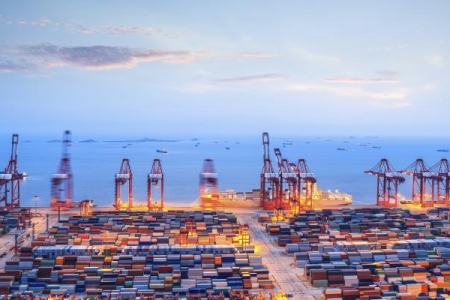You are here
AmCham EU reacts to US decision to expand steel and aluminum tariffs
Friday, 7 February 2020. The American Chamber of Commerce to the EU (AmCham EU) regrets the decision of the United States to expand steel and aluminium tariffs to include derivatives items such as nails and cables, as of 8 February 2020.
Broadening the scope of steel and aluminium tariffs could add tensions at a sensitive time when bilateral trade negotiations are restarting between the EU and the US. They risk triggering a tit-for-tat dispute that would be detrimental to both sides. AmCham EU also advocates for a permanent exemption for the EU from tariffs on imports of steel and aluminium.

AmCham EU was encouraged by the positive statements from President Trump and President von der Leyen in Davos. Further to the meeting between Ambassador Lighthizer and Commissioner Hogan earlier this week, the EU and the US should continue to advance a positive trade agenda. Both sides should work towards ‘zero tariffs, zero non-tariff barriers, and zero subsidies on non-auto industrial goods,’ as agreed in the 25 July 2018 Joint EU-US Statement.
The EU and the US need to cooperate with like-minded partners such as Japan, to address global unfair trade practices. Reforming the World Trade Organization (WTO) and strengthening existing rules on industrial subsidies should be a priority, as suggested in the Joint Statement of the Trilateral Meeting of the Trade Ministers of Japan, the United States and the European Union of 14 January 2020.
The transatlantic economy remains the largest, most prosperous and most innovative of its kind in the world – and it continues to grow. AmCham EU identified a number of areas in which the EU and the US could work together in the short- and longer-terms to develop their economic ties, address global challenges and promote new global standards. From tackling unfair trading practices to strengthening regulatory cooperation, the two regions should build on the recent political momentum to enhance their economic ties, reinforce the global trading system and set world-leading standards.
